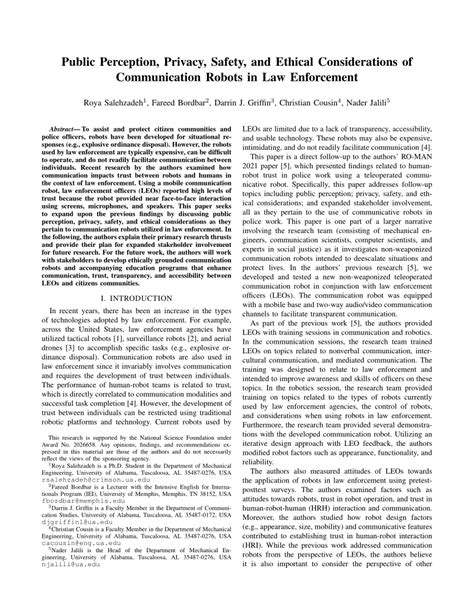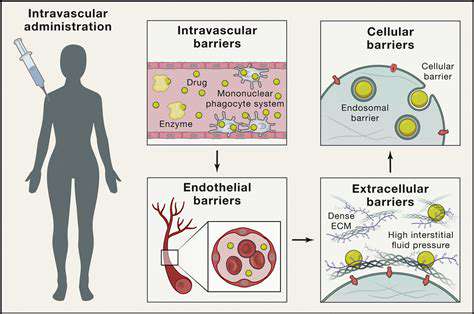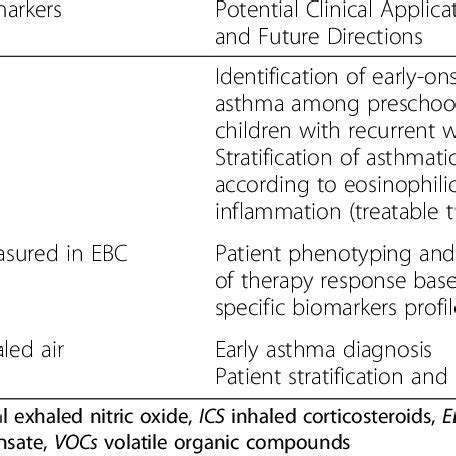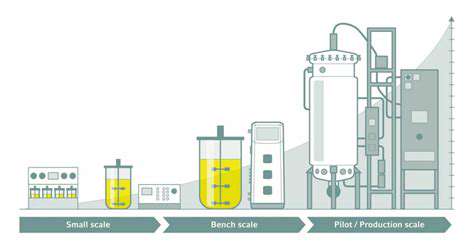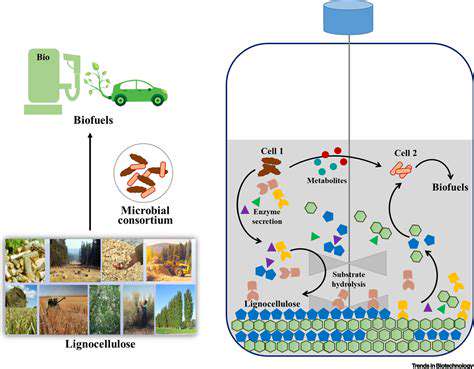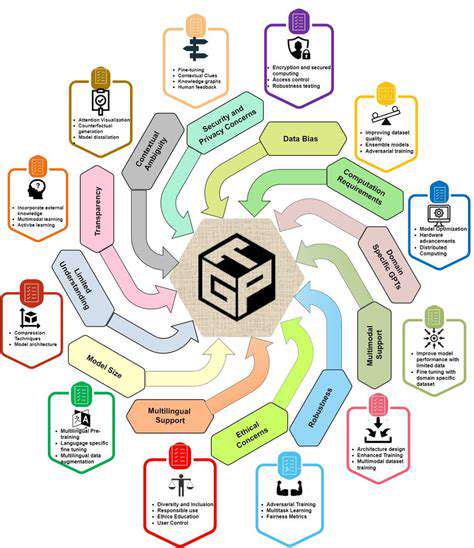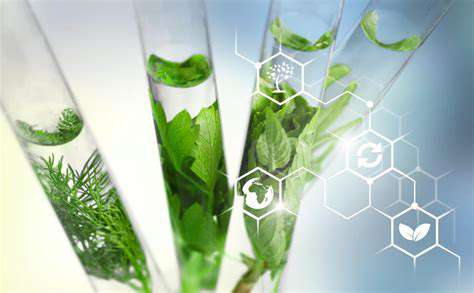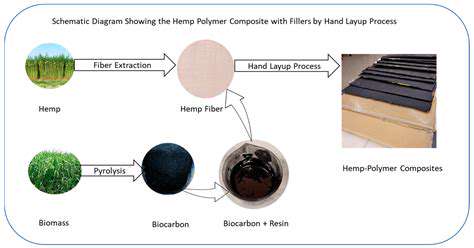The Pressing Need for Sustainable Agricultural Practices
Sustainable Agriculture for Food Security
The global population is projected to continue growing, placing immense pressure on our agricultural systems. To ensure food security for future generations, we must transition towards sustainable agricultural practices that minimize environmental impact while maximizing yields. This necessitates a multifaceted approach that encompasses diverse strategies, from improved water management techniques to the development of drought-resistant crop varieties. Sustainable agriculture also emphasizes the importance of soil health, recognizing that healthy soil is crucial for nutrient-rich crops and overall ecosystem resilience.
Adopting sustainable farming practices is not just about environmental stewardship; it's also about economic viability. Farmers who embrace sustainable methods often experience improved profitability through reduced input costs, increased efficiency, and enhanced market access for their produce. Furthermore, sustainable practices can help to build resilient communities by supporting local economies and creating opportunities for rural development. This holistic approach benefits both the environment and the livelihoods of farmers.
Biotechnology's Role in Sustainable Agriculture
Biotechnology offers a powerful toolkit to enhance the sustainability of agriculture. Through genetic engineering and other biotechnological advancements, we can develop crops that are more resilient to environmental stresses like drought, salinity, and pests. These genetically modified organisms (GMOs) can reduce the need for pesticides and herbicides, minimizing the detrimental effects on ecosystems and human health. By increasing crop yields and reducing losses, biotechnology can contribute significantly to food security in a sustainable manner.
Precision agriculture, enabled by biotechnology, allows for targeted application of fertilizers and pesticides. This minimizes waste and environmental contamination. Furthermore, biotechnology can lead to the development of crops with enhanced nutritional value, addressing micronutrient deficiencies in populations and contributing to overall public health. This approach to sustainable agriculture is vital for ensuring sufficient and nutritious food production for a burgeoning global population.
The development of biofertilizers and biopesticides represents a crucial avenue for sustainable agriculture. These biological agents can effectively control pests and diseases while reducing reliance on synthetic inputs, thus minimizing environmental damage. Biotechnology plays a critical role in the discovery and development of these natural alternatives, fostering a more environmentally friendly and sustainable agricultural sector.
Biotechnology also facilitates the development of efficient livestock breeds that are healthier, more productive, and require less feed. This approach reduces the environmental footprint of animal agriculture, which is a major contributor to greenhouse gas emissions. By enhancing animal health and productivity, biotechnology contributes to the sustainability of livestock farming, ensuring a continuous supply of animal products.
The integration of biotechnology with other sustainable agricultural practices, such as conservation tillage and agroforestry, can create synergistic effects, maximizing the benefits and minimizing the drawbacks of each approach. This integrated approach promises a more resilient and sustainable food production system.
Improving Nutritional Value and Reducing Food Waste
Enhancing Nutrient Profiles
Biotechnology offers exciting avenues to enhance the nutritional value of crops. Genetic modification can lead to higher levels of essential vitamins and minerals in foods like rice and potatoes. This improved nutritional content translates into significant public health benefits, especially in regions with dietary deficiencies. By increasing the bioavailability of nutrients, biotechnology can improve overall health outcomes and reduce the risk of malnutrition.
For example, golden rice, a genetically modified variety, produces beta-carotene, a precursor to vitamin A. This addresses vitamin A deficiency, a significant global health concern, particularly in developing countries. Such advancements are crucial for ensuring a healthy and balanced diet for populations worldwide.
Minimizing Post-Harvest Losses
Significant amounts of food are lost or wasted after harvest, impacting both the environment and the economy. Biotechnology can play a vital role in reducing these losses. Researchers are exploring ways to develop crops with enhanced shelf life, making them less susceptible to spoilage during storage and transport. This translates into greater availability of fresh produce, reducing food waste and cost.
Developing crops resistant to pests and diseases is another crucial aspect. These resistant varieties require less pesticide application, which is environmentally friendly and reduces the economic burden on farmers. Minimizing post-harvest losses directly contributes to food security by increasing the amount of food available for consumption.
Improving Crop Resilience
Climate change poses a substantial threat to global food security. Biotechnology can help develop crops that are more resilient to environmental stresses like drought, flooding, and extreme temperatures. These resilient crops can withstand challenging growing conditions, ensuring consistent food production even in adverse climates.
Developing crops that tolerate different soil conditions is also a significant area of research. This allows farmers to cultivate crops in areas previously unsuitable for agriculture, increasing arable land and boosting food production capacity. This resilience is crucial for adapting to a changing climate and maintaining food security in the face of various environmental challenges.
Developing Pest and Disease Resistance
Pest and disease infestations often lead to significant crop losses. Biotechnology offers a sustainable solution to this problem by developing crops with built-in resistance to specific pests and diseases. This reduces the reliance on chemical pesticides, which can have detrimental effects on human health and the environment. Farmers can reduce their expenses while simultaneously protecting the environment.
By reducing the need for pesticides, biotechnology contributes to sustainable agriculture. This approach safeguards both human health and the environment by lowering chemical exposure while ensuring a constant supply of crops.
Creating Enhanced Food Quality
Biotechnology can improve the sensory attributes of food, making it more appealing to consumers. This includes enhancing flavor, texture, and appearance. These improvements can increase consumer acceptance and consumption of nutritious foods, promoting better dietary habits.
Moreover, biotechnology can create crops with enhanced shelf life, reducing food waste and ensuring that food products remain fresh and palatable for longer periods. This translates into cost savings and increased availability of high-quality food products.
Targeted Nutritional Enhancement
Biotechnology enables the targeted enhancement of specific nutrients in crops. This allows for the creation of foods that address specific nutritional deficiencies in a population. The ability to tailor nutritional profiles is crucial for addressing regional variations in dietary needs and promoting balanced nutrition on a global scale.
By concentrating on specific nutrients, biotechnology can play a crucial role in mitigating nutritional imbalances in certain populations. This targeted approach ensures that the nutritional needs of different communities are met effectively, contributing to overall public health and well-being.
Sustainable Agricultural Practices
Biotechnology contributes significantly to sustainable agricultural practices by reducing the environmental impact of food production. Reduced pesticide use and improved water efficiency are crucial aspects of this sustainability. By developing crops that require less water and fertilizer, biotechnology can conserve valuable resources, leading to more environmentally friendly farming methods.
This environmental consciousness is crucial for the long-term health of our planet. The development of crops with enhanced nutrient profiles and pest resistance promotes sustainable agriculture and fosters a balance between agricultural needs and environmental preservation.
